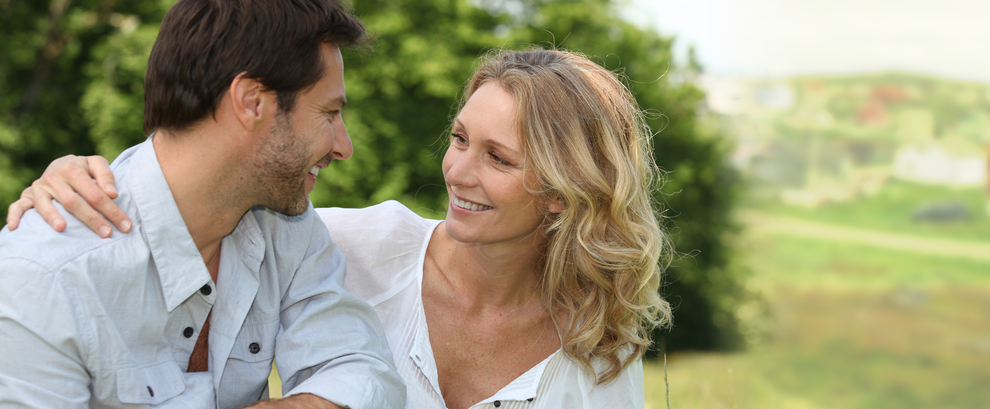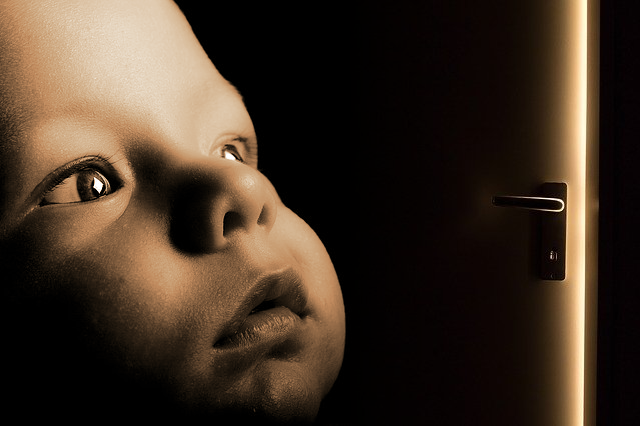From the moment of your conception, you were already making distinct self-interested and self-aware decisions for and about yourself as well as about others.
By the time you were eight years old, you were beginning to make major decisions not only for yourself and about yourself, but also about other people and the world you experienced—the things you saw, heard, touched, tasted and smelled, and about the emotional reactions you had to those experiences.
Depending on the particulars of your earlier life experiences and your reactions to them, the decisions you made included both positive and negative ones—from the sensible and practical to the absolutely absurd and unrealistic—because, as Muriel James and Dorothy Jongeward explain in their 1978 book, Born to Win, “Children can only perceive life through the small peek hole of their existence.”
This means that children, because of their lack of experience and their inability to intellectualize as adults, can only make decisions reflected by their level of maturity at the time. Life is a journey, with each age offering us new insights into earlier life experiences, insights that we simply cannot make any earlier than we are ready to make them.
The experience of childhood, and its conclusions, will embed decisions of varying magnitude—from the inconsequential (“peanuts grow on trees”) to the fundamentally asocial, or perhaps even pathological (“I have no value, so I would be better off dead”).
Separately, and even simultaneously, young people (such as in the following example) will react differently to the same environmental stimuli:
Two young boys are getting into all sorts of mischief, as young boys are inclined to do. Their mother, in exasperation at the behavior of her two sons, might unintentionally utter the words “You two will end up in prison!”
The consequence of such an utterance, especially if given repeatedly, might be exactly that.
However, depending on their personal perceptions of what their mother’s words mean and the decisions these boys have already made about their lives and what will become of them, one of the brothers might actually become a prisoner of the state while the other becomes a productive professional in the prison system (such as a Social Worker or Psychiatrist).
Let’s return to our spider’s-web image to understand graphically how script patterns evolve. In this metaphor, rather than the web junctions representing people, it now represents situations that happen in your life and the subsequent decisions you made. At every junction you have many possible routes you could take in response to what is happening in your life at that moment. Each route will take you to an entirely different place.
One decision affects another, and in a stream of consequences, you constantly make and remake decisions about your life and your life’s direction. This eventually leads to a decision about how you will die: the final, already-determined ending of your life script.
You might remember a series of books from when you were young called Choose Your Own Adventure. On every other page, you were taken to a crossroads that gave you two or more directions to choose from. The decision you made then would dictate how the story progressed. So it is with life: whatever decision you make in response to what is happening in your life today dictates what will happen next.
And “if only this” or “what if that” had happened, the outcome would surely have been very different, just as with the two boys in the example above.
The time between the present and your final curtain call, the end of your life, will be filled with activities that allow the end to happen as planned, and for most usually completely outside of your consciousness or conscious control.
To the wonder of you,












Leave a reply